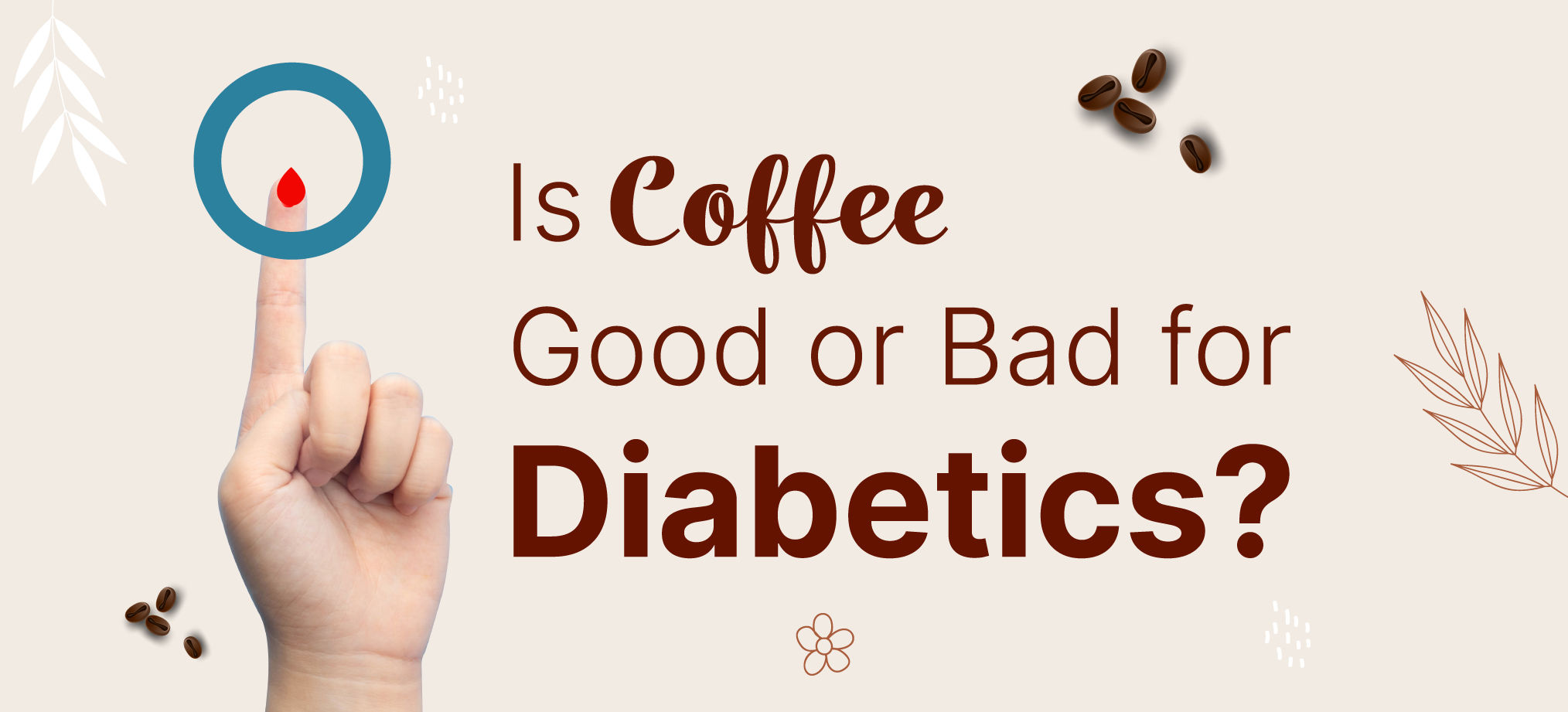Diabetes Management
What is an Oral Glucose Tolerance Test: A Comprehensive Guide
2 min read
By Apollo 24|7, Published on - 25 June 2024
Share this article
0
0 like
%20(1).jpg?tr=q-80)
An Oral Glucose Tolerance Test (OGTT) is a medical test that helps assess the metabolism of sugar, specifically glucose. This test plays a vital role in diagnosing conditions like type 2 diabetes, prediabetes, and gestational diabetes. In this guide, let's discuss this test in detail.
OGTT Purpose and Preparation
An OGTT helps measure your body's response to glucose, the primary energy source for our cells. For this test, you need to fast for at least 8 to 16 hours, meaning you should not eat anything before going to the doctor in the morning. In other words, you should not have breakfast, and you should eat your last meal the evening before. This is also true for all drinks apart from water. Nevertheless, normal daily activities can be performed. On the test day, avoid caffeine and smoking.
OGTT Procedure
The OGTT involves four main steps:
- Fasting Blood Sample: The healthcare professional will draw a blood sample to measure your fasting glucose level.
- Glucose Solution: You will drink a glucose solution containing 50 to 100 grams of sugar.
- Further Blood Samples: The healthcare professional will collect more blood samples at specific intervals, after 1, 2, and 3 hours.
- Blood Glucose Level Analysis: At each interval, your glucose levels will be measured and recorded.
Understanding the OGTT Results
The results are based on the blood glucose levels at each interval. Typically, levels less than 140 mg/dL (7.8 mmol/L) 2 hours after drinking the glucose solution indicate normal metabolism. However, a reading between 140 mg/dL (7.8 mmol/L) and 199 mg/dL (11 mmol/L) indicates prediabetes. A reading over 200 mg/dL (11.1 mmol/L) indicates diabetes.
But don't worry! With lifestyle changes and the right medication, it can be managed. The Apollo Super 6 programme could provide the support you need.
The OGTT is a valuable tool for diagnosing and monitoring your glucose metabolism. Understanding how it works and what the results mean can help you take charge of your health, particularly if you are at risk of conditions like diabetes and prediabetes.
Diabetes Management
Consult Top Diabetologists
View AllLeave Comment
Recommended for you

Diabetes Management
Can Coffee Reduce The Severity Of Liver Disease In People With Type 2 Diabetes?
There is emerging evidence suggesting that coffee consumption may reduce the severity of liver disease in individuals with type 2 diabetes. Coffee's antioxidant and anti-inflammatory properties, as well as its potential to lower liver enzyme levels, are believed to contribute to these effects. However, further research is needed to establish the precise mechanisms and optimal coffee consumption guidelines for liver health in this population.

Diabetes Management
Decoding the Emotional Toll of Diabetes Management
Living with diabetes extends beyond physical health, significantly impacting mental well-being. Depression and diabetes distress are common obstacles faced by individuals with this condition. Addressing psychological needs, managing cognitive changes in type 1 diabetes, and developing suitable support and coping strategies are integral to effective diabetes management. Holistic care for both physical and emotional health is therefore paramount.

Diabetes Management
Psychological Challenges of Living with Diabetes
Diabetes causes psychological stress due to self-management, fluctuating glucose levels, and fear of complications. Social factors like stigma also contribute. Support systems and holistic care are crucial for managing these challenges and leading fulfilling lives.
Subscribe
Sign up for our free Health Library Daily Newsletter
Get doctor-approved health tips, news, and more.
Visual Stories

8 Fruits That are Incredibly Healthy for Diabetes
Tap to continue exploring
Recommended for you

Diabetes Management
Can Coffee Reduce The Severity Of Liver Disease In People With Type 2 Diabetes?
There is emerging evidence suggesting that coffee consumption may reduce the severity of liver disease in individuals with type 2 diabetes. Coffee's antioxidant and anti-inflammatory properties, as well as its potential to lower liver enzyme levels, are believed to contribute to these effects. However, further research is needed to establish the precise mechanisms and optimal coffee consumption guidelines for liver health in this population.

Diabetes Management
Decoding the Emotional Toll of Diabetes Management
Living with diabetes extends beyond physical health, significantly impacting mental well-being. Depression and diabetes distress are common obstacles faced by individuals with this condition. Addressing psychological needs, managing cognitive changes in type 1 diabetes, and developing suitable support and coping strategies are integral to effective diabetes management. Holistic care for both physical and emotional health is therefore paramount.

Diabetes Management
Psychological Challenges of Living with Diabetes
Diabetes causes psychological stress due to self-management, fluctuating glucose levels, and fear of complications. Social factors like stigma also contribute. Support systems and holistic care are crucial for managing these challenges and leading fulfilling lives.
